Table of Contents
ToggleIn a world where takeout menus reign supreme and the fridge is a mystery box of leftovers, healthy meal prep emerges as the superhero we didn’t know we needed. Picture this: a week’s worth of delicious, nutritious meals ready to go, saving time and sanity while keeping those pesky hunger pangs at bay. It’s like having a personal chef but without the awkward small talk.
What Is Healthy Meal Prep?
Healthy meal prep involves preparing meals in advance to ensure nutritious options are readily available. This practice addresses the challenges of modern eating habits, enabling individuals to maintain balanced diets without the hassle of daily cooking.
Benefits of Healthy Meal Prep
Healthy meal prep saves time by reducing the need to cook daily. This approach minimizes stress during busy weekdays, allowing for hassle-free meal selections. Additionally, controlling portion sizes becomes easier, which supports weight management. Prepped meals can significantly reduce food waste, as leftovers are less likely to spoil. Financial savings are another benefit, as buying ingredients in bulk often leads to lower costs over time.
Key Principles of Healthy Meal Prep
Successful healthy meal prep focuses on a few crucial principles. Planning meals for the week enhances organization and ensures a balanced diet. Choosing diverse recipes keeps meals exciting and prevents monotony. Proper food storage techniques help maintain freshness and flavor. Balancing macronutrients, like proteins, carbohydrates, and fats, promotes overall health. Lastly, daily schedules influence meal times; aiming to cater to personal routines optimizes meal preparation and consumption.
Essential Tools for Healthy Meal Prep

Successful meal prep requires specific tools to maximize efficiency and ensure meal quality.
Kitchen Equipment
Investing in quality kitchen equipment can simplify meal preparation tasks. A sharp knife is essential for quick chopping and slicing of ingredients. A cutting board provides a stable surface for food prep, while mixing bowls help combine ingredients effortlessly. Additionally, a food processor can save time when prepping large quantities. Measuring cups and spoons ensure accurate ingredient portions, which supports balanced meals. A slow cooker or instant pot offers flexible cooking options for busy days. Finally, a set of durable baking sheets and pots allows for varied cooking methods, from roasting to simmering.
Storage Solutions
Proper storage solutions play a crucial role in maintaining meal freshness. Airtight containers are ideal for holding prepared meals, as they prevent spoilage and maintain flavor. Glass containers allow for visible storage and are microwave-safe, making reheating easy. Meal prep bags can also organize ingredients while on the go. Using labels ensures clear identification of stored meals and avoids the confusion of different dishes. Space-saving options, such as stackable containers, help maximize refrigerator space. Keeping a marker handy aids in tracking expiration dates, promoting food safety and minimizing waste.
Meal Prep Ideas for Every Diet
Meal prep offers diverse options that cater to various dietary preferences. Creating nutritious meals in advance supports a balanced approach to eating.
Vegetarian and Vegan Options
Vegetarian and vegan meal prep includes an array of colorful vegetables, whole grains, and plant-based proteins. Grains like quinoa and brown rice provide a hearty base. Beans, lentils, and tofu serve as excellent protein sources for added nutrition. Preparing dishes such as chickpea salad or vegetable stir-fry maintains flavor and variety. Smoothies made with spinach, bananas, and almond milk offer quick breakfast options. Use seasonal produce to enhance freshness and taste while keeping costs down.
Meals for Weight Loss
Healthy meal prep for weight loss focuses on lean proteins, fiber-rich vegetables, and whole grains. Grilled chicken, turkey, and fish deliver essential nutrients while maintaining lower calories. Incorporating plenty of leafy greens, broccoli, and cauliflower assists in creating filling meals. Portion control remains vital; pre-packaged or stored meals allow for easier adherence to calorie goals. Cauliflower rice or zucchini noodles can act as low-calorie substitutes for traditional pasta. Easy snacks, such as chopped veggies and hummus, help curb cravings throughout the day.
Family-Friendly Recipes
Family-friendly meal prep encourages inclusivity and ease in creating balanced meals for everyone. Dishes like baked chicken with roasted potatoes and seasonal vegetables appeal to various tastes. Incorporating whole grain pasta with marinara sauce is another crowd-pleaser while providing whole grain benefits. Breakfast options such as overnight oats or smoothies can accommodate busy mornings. Healthier homemade pizza using whole wheat crust and assorted toppings fosters creativity among family members. Preparing larger batches allows for leftovers, ensuring meals remain exciting while reducing cooking time.
How to Get Started with Healthy Meal Prep
Getting started with healthy meal prep involves simple steps that enhance meal planning and streamline the cooking process. Effective meal prep begins with thoughtful planning and strategic grocery shopping.
Planning Your Meals
Schedule a time each week to create a meal plan. Choose recipes that include a variety of proteins, vegetables, and grains to avoid monotony. Select meals that align with dietary preferences and are easy to prepare. Consider preparing double batches of popular dishes to save effort on busy days. Use an app or a planner to keep track of recipes and grocery lists. By doing this, it reduces decision fatigue during the week.
Grocery Shopping Tips
Start shopping with a prepared list based on the meal plan. Choose high-quality, fresh ingredients to ensure meals are nutritious and flavorful. Focus on seasonal fruits and vegetables to maximize flavor while keeping costs down. Buy ingredients in bulk when possible to benefit from lower prices and reduced waste. Don’t forget to check pantry staples before shopping; it prevents unnecessary purchases. Finally, stick to the perimeter of the store where fresh items are typically located, which helps avoid highly processed foods.
Maintaining Your Healthy Meal Prep Routine
Meal prep must remain consistent to reap its full benefits. Following specific strategies helps in overcoming challenges and sustains motivation.
Overcoming Common Challenges
Common obstacles include time constraints and lack of variety. One effective approach involves dedicating a specific day for meal prep, which streamlines the process. Many find meal simplicity essential; batch cooking staples like grains and proteins allows versatility in meal assembly. Another challenge involves food spoilage, which careful planning addresses. Proper portioning and use of air-tight containers extend freshness. Setting realistic goals also aids in managing expectations. Emphasizing experimentation with spices or herbs can rejuvenate meals. These adjustments lead to creative solutions that enhance the meal prep experience.
Staying Motivated
Maintaining motivation hinges on planning and enjoyment. Finding inspiration through seasonal recipes keeps meals fresh and exciting. Many benefit from joining meal prep communities or online groups, which provide support and new ideas. Creating a meal prep schedule serves as a reminder, making the commitment more tangible. Personalizing meal themes for each week, such as “Taco Tuesday,” adds fun. Tracking progress with a journal reinforces accountability. Rewarding achievements, even small ones, motivates continued effort. Consistent engagement makes healthy meal prep a sustainable practice.
Healthy meal prep isn’t just a trend; it’s a lifestyle choice that brings numerous benefits to those looking to improve their eating habits. By dedicating time to prepare meals in advance, individuals can enjoy nutritious options that save time and reduce stress during busy days.
With the right tools and strategies in place, meal prep can become an enjoyable and efficient part of weekly routines. Embracing diverse recipes and accommodating dietary preferences ensures that meal prep remains exciting and satisfying for everyone involved.
Ultimately, committing to a meal prep routine can lead to better health outcomes, less food waste, and even financial savings. It’s an investment in well-being that pays off in more ways than one.




